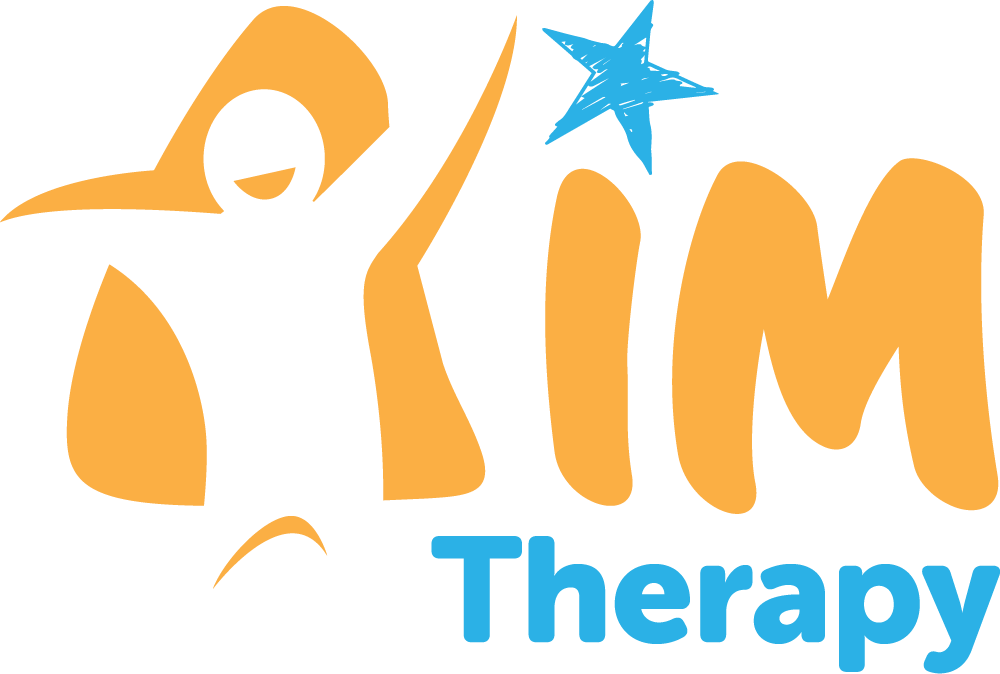Self-image/confidence
The signs of low self-image and confidence may vary from one child to the next and even from one situation to the next. Children especially experience low self-esteem in situations in which they believe they are destined for failure. Thus, it is not unusual for youngsters with learning problems to feel most vulnerable in settings in which their learning difficulties are very obvious and exposed, such as in school.
Signs your child may suffer from low self-image:
- Saying comments like “I’m so stupid,” “I always do everything wrong,” “I will never learn” — capture their lack of confidence
- You notice they find ways to avoid what they perceive to be further humiliation, and they begin to rely on different ways of coping that are self-defeating and represent a retreat from problems – the problem is more significant when the coping strategy has been used for some time, keeps the child from facing problems, and interferes with mastering the typical developmental demands of that age
Examples of commonly used, ineffective coping strategies
Quitting: when they are unable to succeed at a particular task they quit. When they quit, they often offer an excuse, such as the work is dumb.
Avoiding: child has refused to engage in the task at all believing in advance that they will embarrass themselves.
Clowning: some children hide their lack of confidence by acting silly or clowning around.
Controlling: some children with low self-esteem believe they have little control over their lives, and in response they may attempt to take command, becoming dictatorial as they tell others what to do.
Being Aggressive and Bullying: as a way of fending off their own feelings of inadequacy and vulnerability.
Denying: as a way of managing the pain that might result if they were to acknowledge their insecurities.
Being Impulsive: may want to finish their work as quickly as possible “just to get it over with”.
Our goal is to help children feel secure and confident so they can abandon self-defeating behaviours. Contact AIM Therapy on 6150 8339 or reception@aimtherapy.com.au if you would like to discuss further.
Additional resources:
https://www.todaysparent.com/family/parenting/how-to-build-your-childs-self-esteem/
https://raisingchildren.net.au/toddlers/behaviour/understanding-behaviour/about-self-esteem
